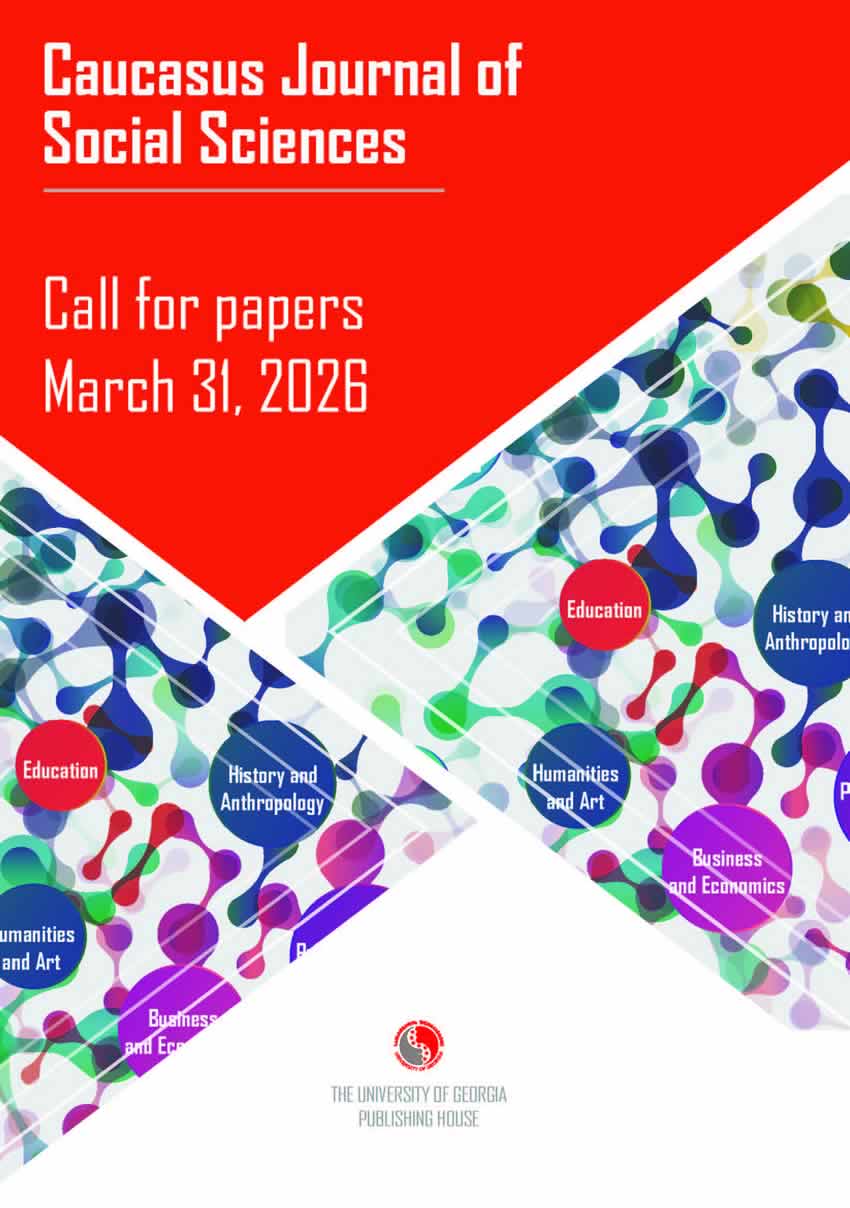Moral Hazard in Government Health Programs - New Evidence from Georgia
DOI:
https://doi.org/10.62343/cjss.2023.232Keywords:
Healthcare Moral hazard, Cost sharing, Copayment hospitalizationAbstract
In this paper, we studied the moral hazard in healthcare. As part of the analysis, we looked at 126.3 thousand hospitalization cases in the Georgian healthcare system in 2018-2019. According to the group of diagnoses, we compared the length of stay of inpatients funded under government programs with the cases covered by a pocket of patients or private insurance companies. As a result of the study, we found that the length of stay under the universal health care program is, on average, 0.26 days (CI 95%; [0.22-0.30]) longer than in other circumstances. The difference is statistically significant (t = -12.58; P<.05). Thus, our result is the empirical evidence of theoretical reasoning that predicts an increase in the moral hazard under the government healthcare program.
Downloads
Published
How to Cite
Issue
Section
License
Copyright (c) 2023 Alexander Rakviashvili, Egnate Shamugia

This work is licensed under a Creative Commons Attribution 4.0 International License.
In case an article is accepted for publication it is allowed to combine the article with other research, to conduct new research on the article, or to make different arrangements on condition that the same license is used including commercial purposes.
As an author of an article published in the Caucasus Journal of Social Sciences, you retain the copyright of your article and you are free to reproduce and disseminate your work.











